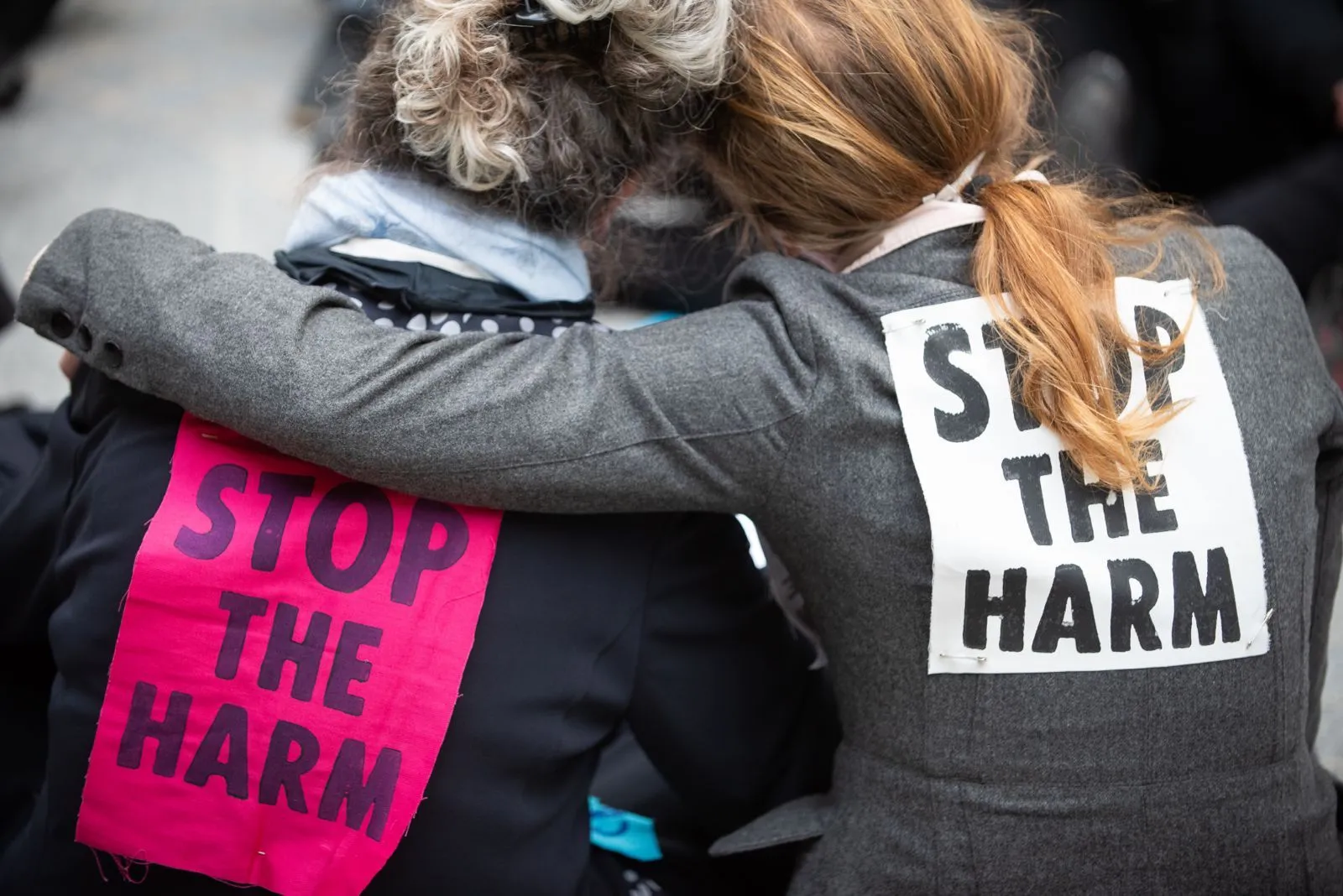Cross-posted from: https://feddit.de/post/9678117
Judge Silas Reid’s climate change scepticism came during an ongoing trial at Inner London Crown Court that began on Monday 19th February, regarding five women from Extinction Rebellion in the UK. Giving directions to the jury ahead of their deliberations, Reid said: “It is important to note that the circumstances which are relevant are those of the damage and not other circumstances… The circumstances of the damage do not include any climate crisis which may or may not exist in the world at the moment nor does it include whether nonviolent direct action can prompt change."
Judge Reid famously imprisoned one of the defendants currently on trial, Amy Pritchard, along with others, for mentioning the words ‘climate change’ whilst on trial last year. The report references UK courts’ attitudes to climate and environmental activists:: “They have forbidden protesters from mentioning climate change, thereby preventing them from explaining the reasons for their protest. Courts have held convicted environmental defenders who disregarded this prohibition in ‘contempt of court’ and imprisoned them for up to eight weeks.”
Judge Reid’s newly expressed doubts about the reality came on the same day as the United Nations Special Rapporteur, Michel Forst, released his latest report claiming that “state repression of environmental protest and civil disobedience” would pose “a major threat to human rights and democracy.”



It is a stretch to say that their motivation for protesting could never be relevant.
Not so long ago, we had protests which were illegal because the police refused to give them a permit. The protests were because a policeman had raped and killed a woman. The conduct of the police was simultaneously what made the protest illegal and also what they were protesting about.
In this case, the motivation is that the government is failing in its basic duty to protect the lives and future of its citizens (all of them), and it’s the government that has passed legislation to make protest illegal.
I would think that the relevance of their motivation was already sorted out during the proceedings.
The defence probably brought it up and the prosecution then probably objected on the grounds that motivations were not being argued, only actions. Hearing those arguments may have gone as far as the submission of briefs and even a separate hearing.
In any case, if the conclusion was that the prosecution’s arguments were better than the defence’s, then the judge may have been compelled to address that in instructions to the jury.